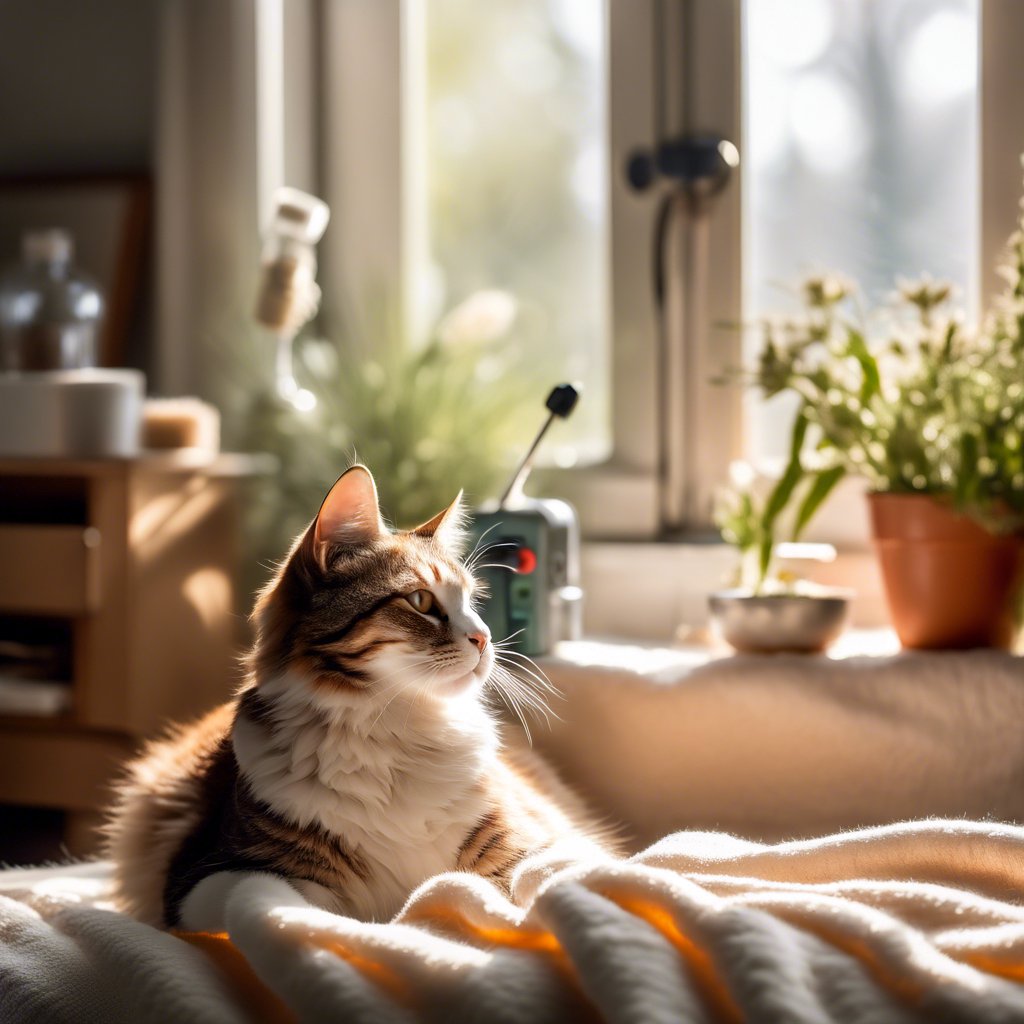Feline Respiratory Infection Care
Understanding Feline Respiratory Infections

Feline respiratory infections are commonly encountered ailments that can affect our beloved cats. These infections can range from mild to severe, and understanding their nature is crucial for effective care. Many pet owners may not recognize the symptoms promptly, leading to unnecessary discomfort for their feline friends. By being informed, you can ensure timely intervention and promote faster recovery.
These infections are typically caused by viruses or bacteria, with the most common culprits being feline herpesvirus and calicivirus. Recognizing the signs early can help you provide the best care possible.
Recognizing Symptoms to Act Swiftly
Being vigilant about your cat’s health is essential. Recognizing symptoms of feline respiratory infections can lead to earlier diagnosis and treatment, allowing your furry friend to return to their playful self sooner. Here’s a list of common symptoms to watch out for:
- Coughing – A persistent cough can indicate irritation in the airways.
- Sneezing – Frequent sneezing may suggest nasal congestion or infection.
- Runny Nose – Mucus discharge from the nose is a common sign.
- Watery Eyes – Excessive tearing can accompany respiratory issues.
- Lethargy – A noticeable decrease in energy levels is a sign that something may be wrong.
- Loss of Appetite – If your cat isn’t eating as much, it’s time to investigate further.
By being attentive to these symptoms, you can initiate the necessary steps to help your feline recover and thrive.
Effective Care Strategies for Your Feline Friend
Once you suspect a respiratory infection, it’s vital to provide appropriate care. Here are some effective strategies to ensure your cat feels better and recovers quickly:
- Consult Your Veterinarian: Always start with a professional opinion. A veterinarian can recommend the best course of action based on your cat’s specific situation.
- Maintain Hydration: Ensure your cat has access to fresh water. Hydration is key in helping them recover.
- Steam Therapy: Using steam can help relieve nasal congestion. A warm bathroom can create a soothing environment.
- Nutritious Diet: Offer stimulating and nutritious food to encourage eating, which helps in recovery.
- Follow-Up Care: Keep monitoring your cat’s health and follow the vet’s instructions for any medications.
Implementing these care strategies can significantly impact your cat’s recovery process, ensuring they bounce back to their playful selves in no time.
Share this content:



